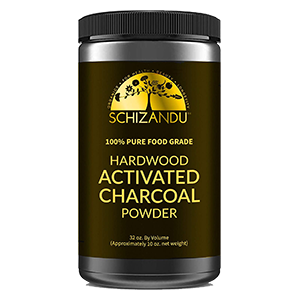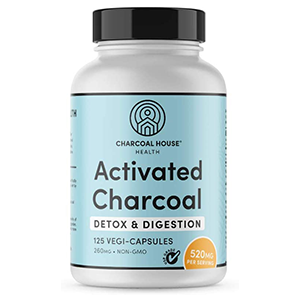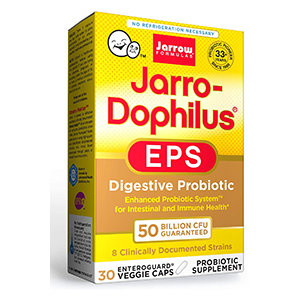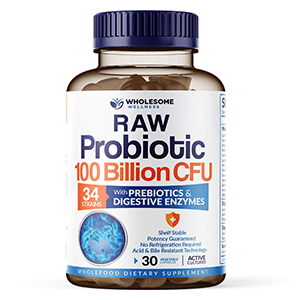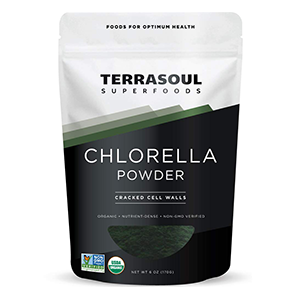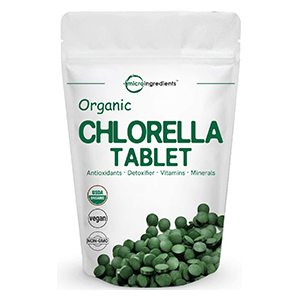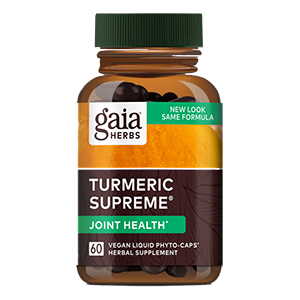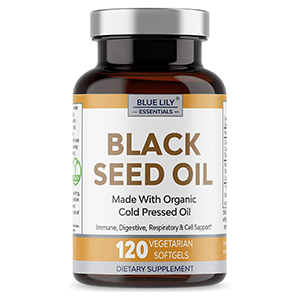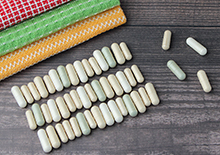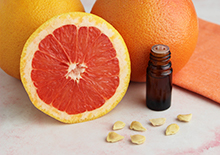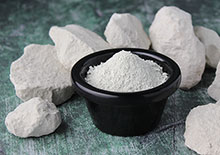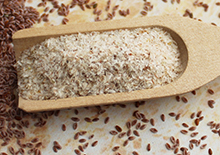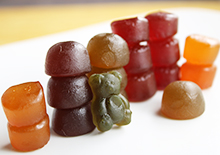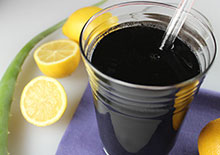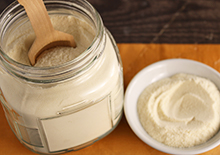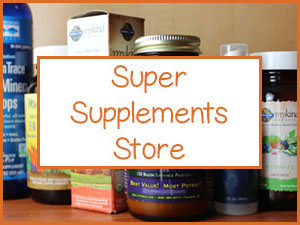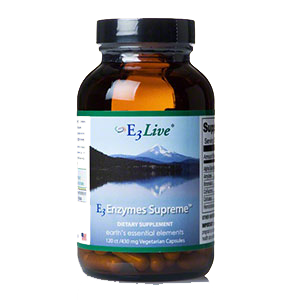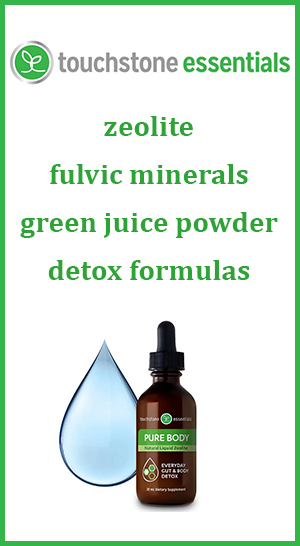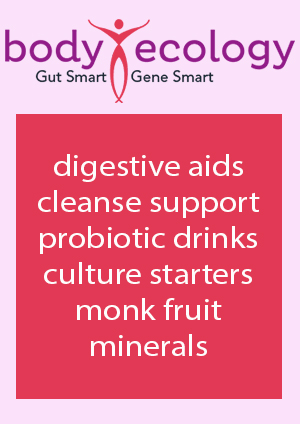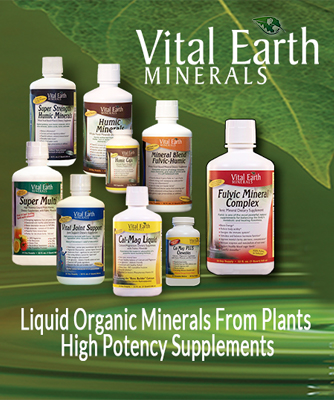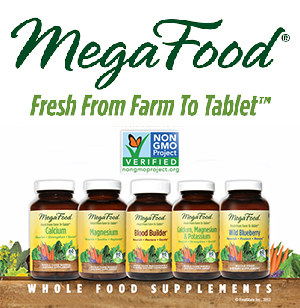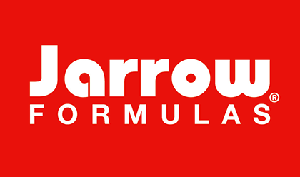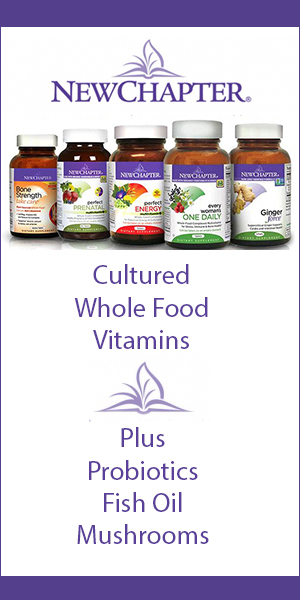- Home
- Super Supplements
- Ways to Remove Microplastics from Body
Ways to Remove Microplastics from the Body, Top 4 Supplements
Intro | Why is Plastic Bad? | Multi-Faceted Approach | Top 4 Ways to Remove Microplastics from the Body | Precautions | Shop
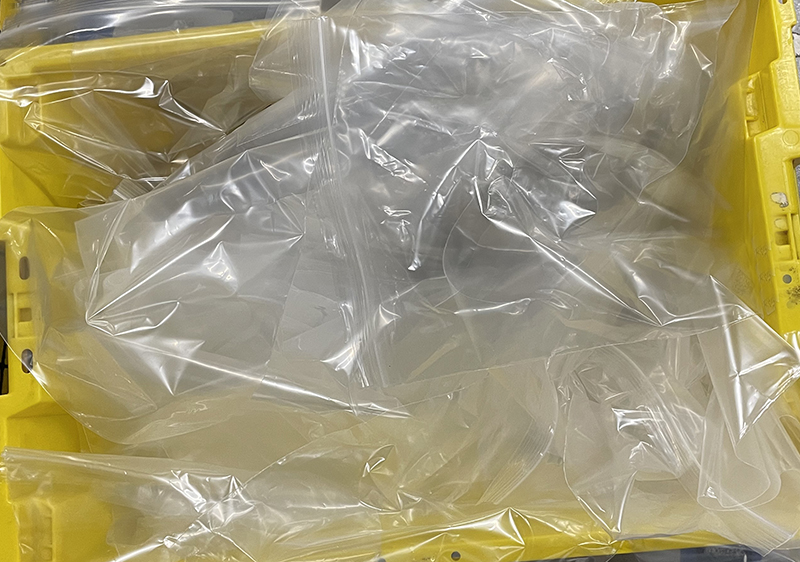
The first type of plastic was invented in 1907, but mass production of plastics really began in the 1940s and 50s.
Since this time, it is estimated that over nine billion tons of plastic waste have been created. Most plastics can take centuries to completely degrade. But before that, most will break down into smaller particles, called microplastics or nanoplastics, which are even smaller.
Table of Contents
Intro | Why is Plastic Bad? | Multi-Faceted Approach | Top 4 Ways to Remove Microplastics from the Body | Precautions | Shop
It's these substances that can easily contaminate air, soil, food and water sources.
Until we decide as a global community to find other more sustainable alternatives to using plastics, we are all exposed to their potential harmful side effects when ingested.
The good news is that we can amazingly handle quite a toxic load when we’re healthy and our natural detoxification pathways are functioning optimally.
But, of course, reducing exposure to plastics in your life goes without saying.
In our opinion, however, the decision to use plastics starts at a multinational corporate level. Some of the largest companies in the world use them in their packing warehouses as well as sell a seemingly infinite array of cheap products that are plastic-based.
While the consumer can do their best to avoid plastics, it becomes very hard to do so in all facets of life.
Why are Plastics Bad?
Plastics, and especially their smaller micro or nanoparticles, contain damaging chemical compounds including phthalates and bisphenols like the most often discussed bisphenol A, otherwise known as BPA.
When these substances are ingested by the body they can act as endocrine disruptors, impacting the delicate hormonal balance of the endocrine system (especially estrogenic and androgenic activity). This can lead to a number of detrimental health issues over time.
Secondly, these particles act as pathogens and are often associated with various disorders such as cancer, neurodegeneration, cardiovascular diseases, obesity and reproductive abnormalities. (*)

A Multi-Faceted Approach is Essential
Even though it is virtually impossible to escape all the microplastics currently present in our food, water and atmosphere, it is possible to do what we can to protect ourselves by facilitating the body's own detoxification processes.
When it comes to ways to remove microplastics from the body, taking a multi-faceted approach is ever so important. So, in addition to maintaining a health-promoting diet and lifestyle choices, periodic use of certain super supplements can help to achieve this goal.
Here are our top favorites to consider for assisting in their removal.
Top 4 Ways to Remove Microplastics from the Body
1) Probiotics
2) Chlorella
3) Activated Charcoal
4) Antioxidants
1) PROBIOTICS
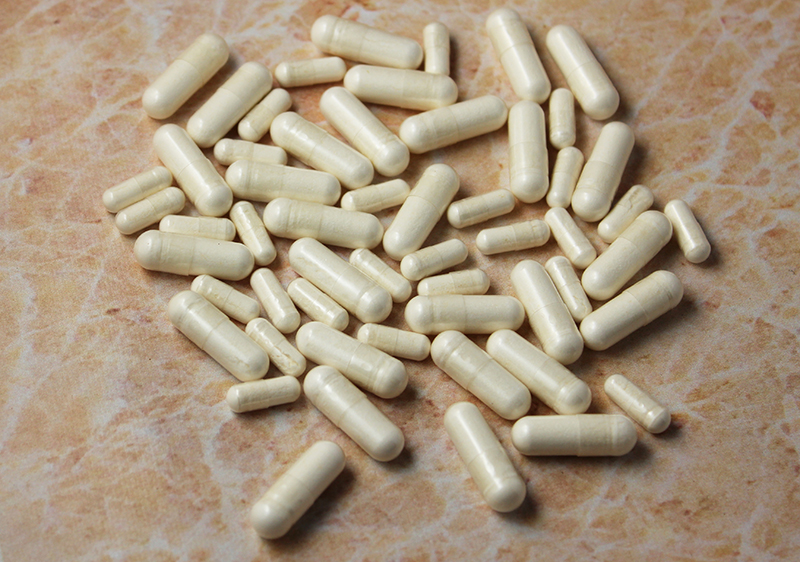
The health of the gut microbiome plays a huge part in the ability of the body to break down the microplastics we ingest daily.
Besides a diet that includes plenty of probiotic-rich food sources, like yogurt, kefir or cultured vegetables, a quality probiotic supplement can also be of great benefit.
It is also commonly recommended that consuming both probiotic foods and supplements together can increase their overall effectiveness.
In some scientific reviews analyzing the effects of microplastics and nanoplastics on gut microbiota, probiotics were identified to provide "enhancement of the intestinal epithelial barrier" and potentially protect against their toxicity.
Other reports testing different probiotic strains indicate they were able to remove BPA up to a 24-hour period after ingestion.
2) CHLORELLA
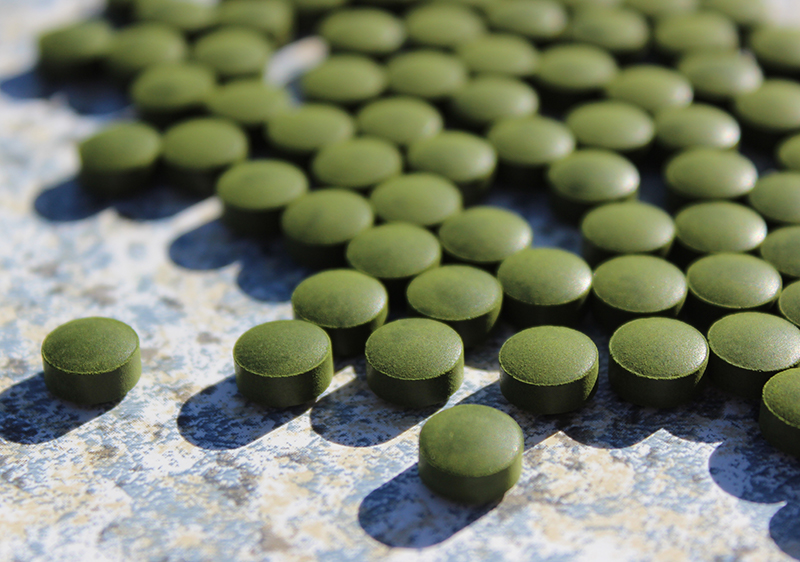
Chlorella is a type of microalgae provided in edible supplement form from either two species, Chlorella vulgaris and Chlorella pyrenoidosa.
Chlorella, as shown in some research, is able to bind with small microplastics which is good news if you're looking to excrete them from the body.
Some plastic particulates have been identified to end up in human blood. One of the benefits of dietary chlorella powder or tablets for such purposes is that this algae can enter the bloodstream and cleanse these potential residues.
There has in fact been ongoing scientific analysis using microalgae, like chlorella, to remove micro-nanoplastics from aquatic ecosystems.
Quality chlorella supplements are always pulverized or "cracked" to enhance digestibility. They are best taken on an empty stomach or between meals when utilized for detox objectives.
3) ACTIVATED CHARCOAL (CARBON)
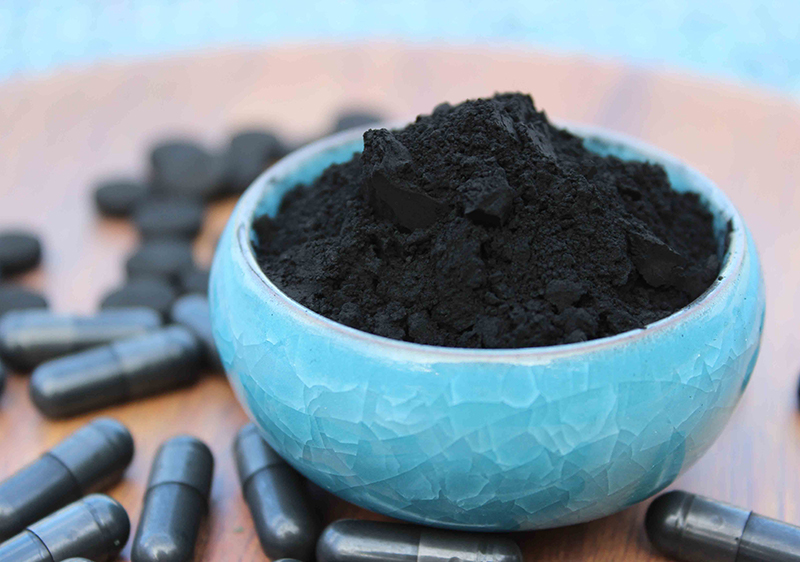
Activated charcoal or carbon and its adsorptive surface area has a high negative charge that adheres to positively charged microplastics. This was demonstrated in some research
analyzing its ability to purify polystyrene nanoplastic particles with a positive charge from drinking water.
Activated charcoal in the form of a purified supplement can likewise be good for removing plastic chemicals that get trapped in the gut, hence why it's applied in clinical toxicology to excrete certain types of poisons.
Activated charcoal moves through the GI tract collecting toxins and eliminating them via the stool. Unlike chlorella, it doesn't enter the bloodstream itself.
It is available most commonly as a bulk or encapsulated powder and to a lesser degree as a compressed tablet. Supplementation should be done on an empty stomach, first thing in the morning an hour before a meal. Stay well-hydrated when taking it as it can cause constipation.
Be aware that charcoal can also bind to certain medications, so it's best avoided under such circumstances.
4) ANTIOXIDANTS
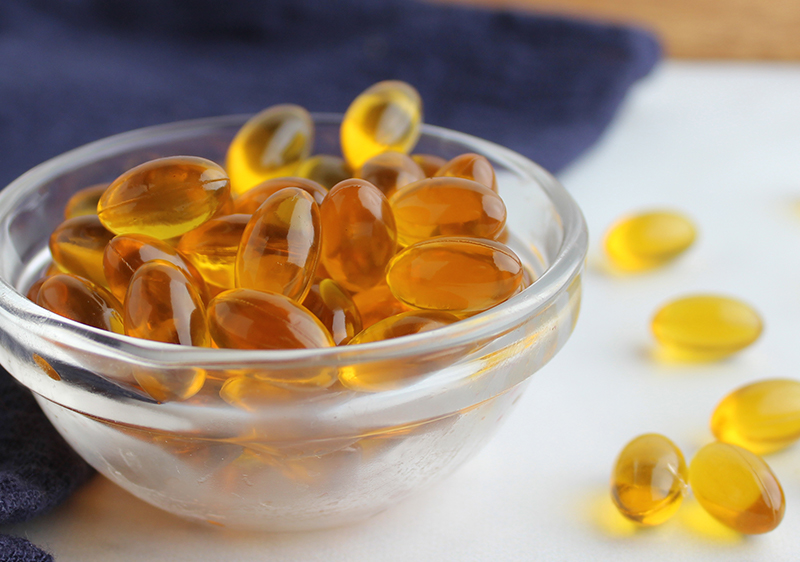
We often hear a lot about the benefits of antioxidants as part of a healthy diet protocol.
Plastics, and the chemical particulates they contain, cause oxidative stress and elevate the production of toxic free radicals. Free radicals readily react with healthy molecules in search of electron replacements and can cause cellular mutations.
Antioxidants essentially donate electrons and sacrifice their own to "feed" free radicals and prevent their damaging effects.
When it comes to ways to detox microplastics from the body, both enzymatic and non-enzymatic antioxidants have been shown to help alleviate BPA toxicity.
Many health experts agree that it is best to consume a variety of different antioxidant-rich food sources for the greatest health benefits.
We cover many antioxidant-rich dietary sources on this website. But here are some antioxidant-concentrated supplement ideas to consider for plastic detox: turmeric, olive leaf extract, black seed oil, blue spirulina, msm, reishi and green tea extract.
Precautions:
Seek the advice of your healthcare professional before using any of these mentioned supplements if pregnant, nursing, taking any medications or if you have a serious health condition.
Shop Related Products (About Affiliates & Amazon Associate Paid Links)
Affiliate Disclaimer: This section contains affiliate product links. If you make a purchase through our recommended links, we receive a small commission at no additional cost to you. Thanks for the support.
